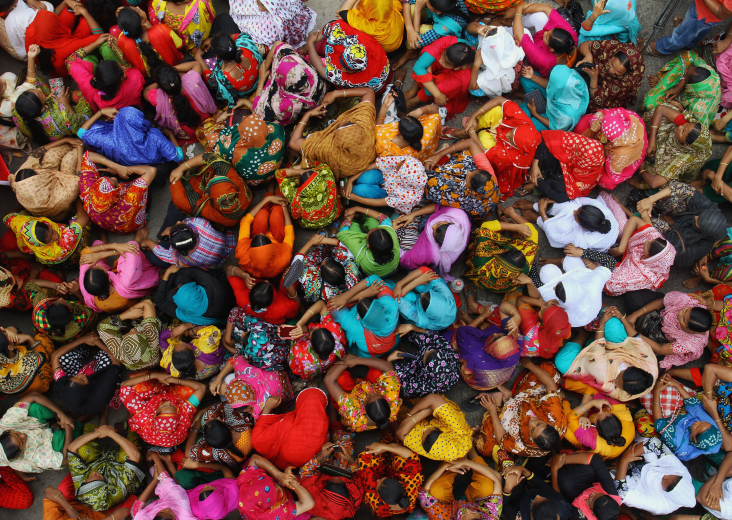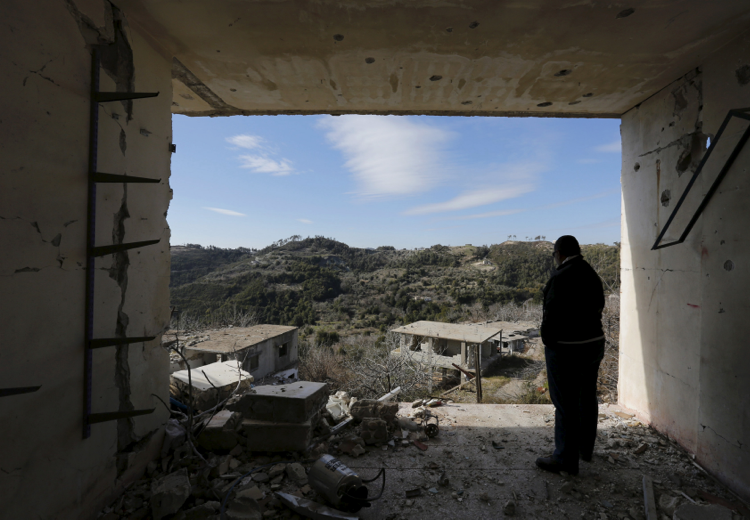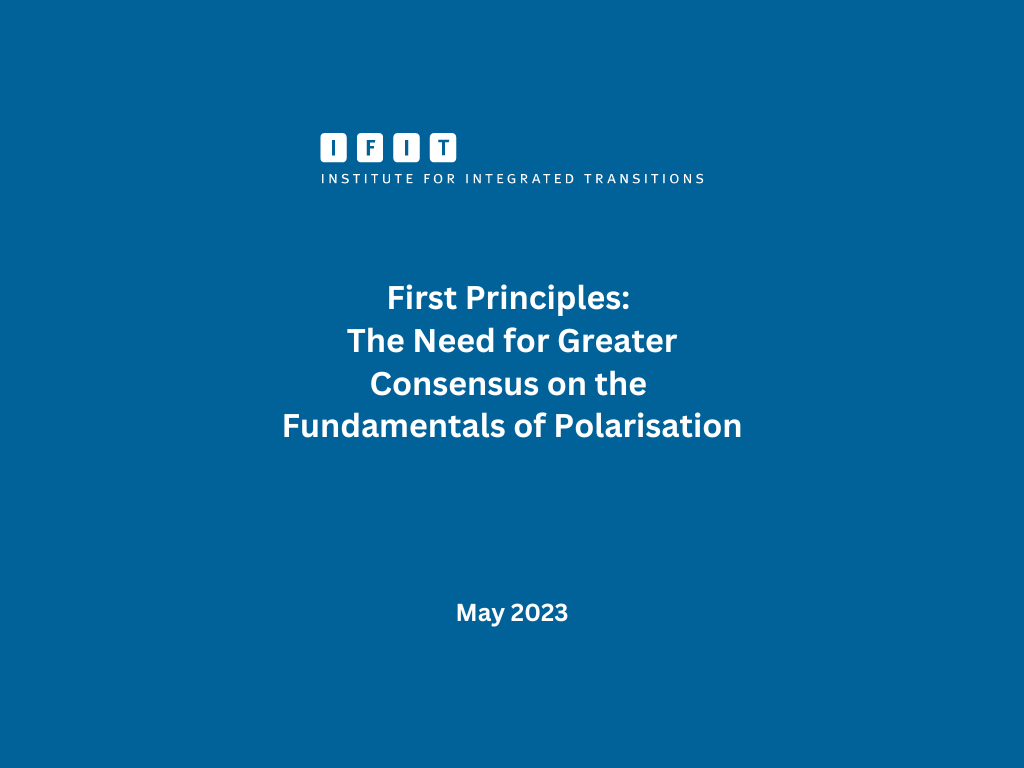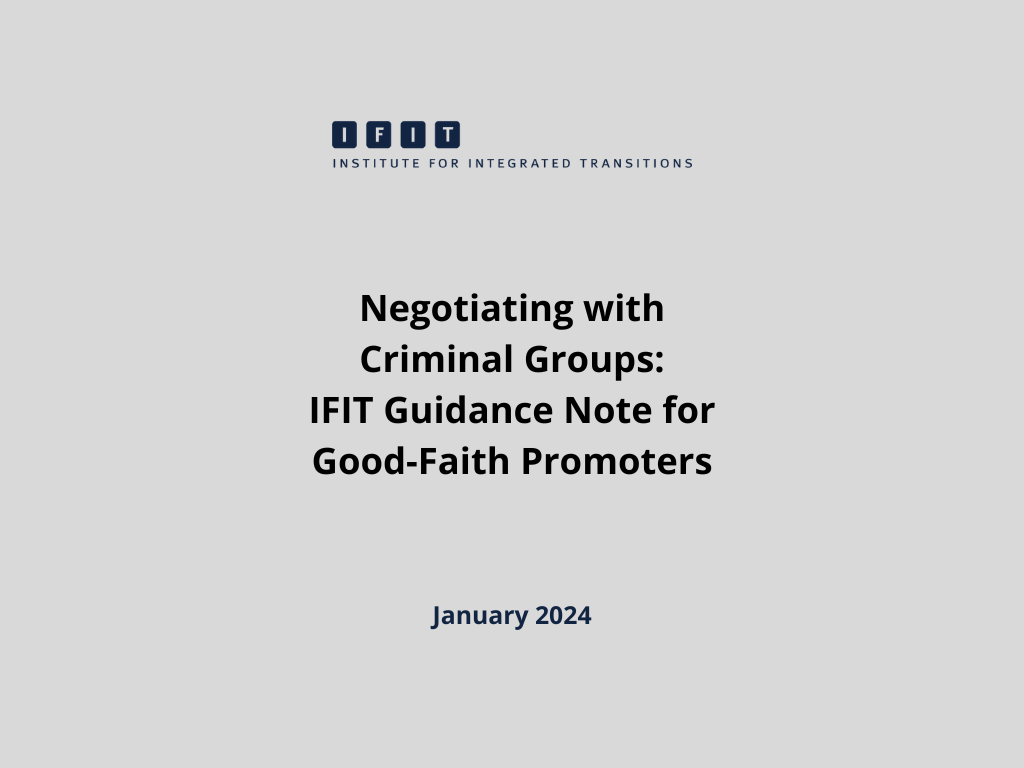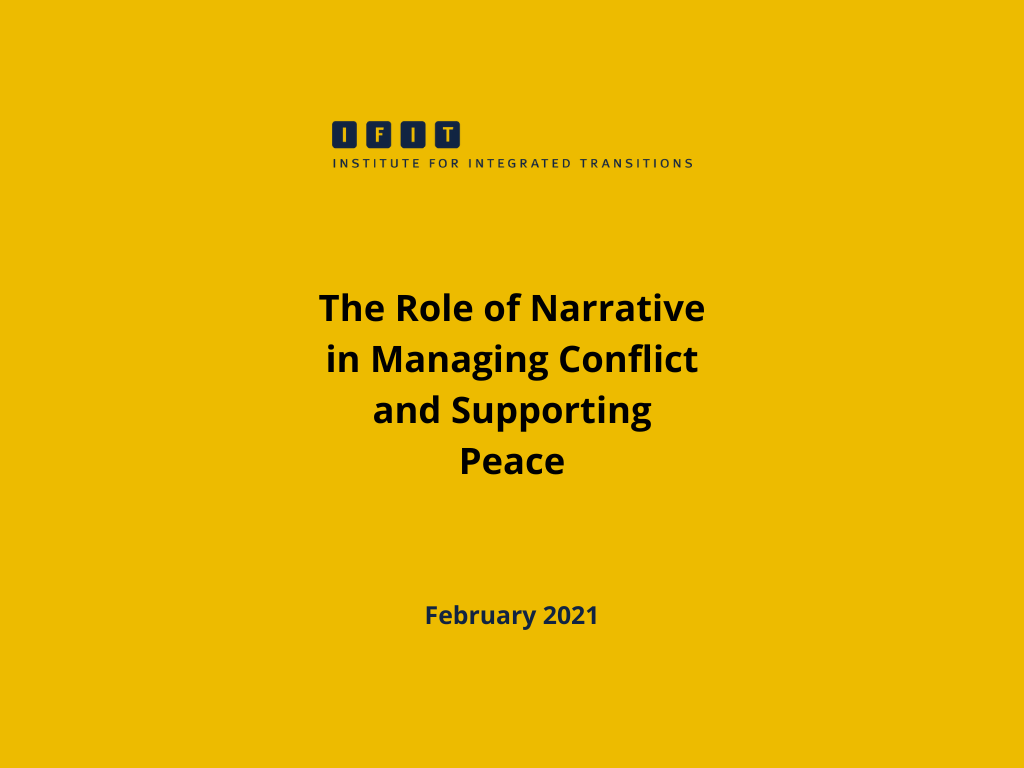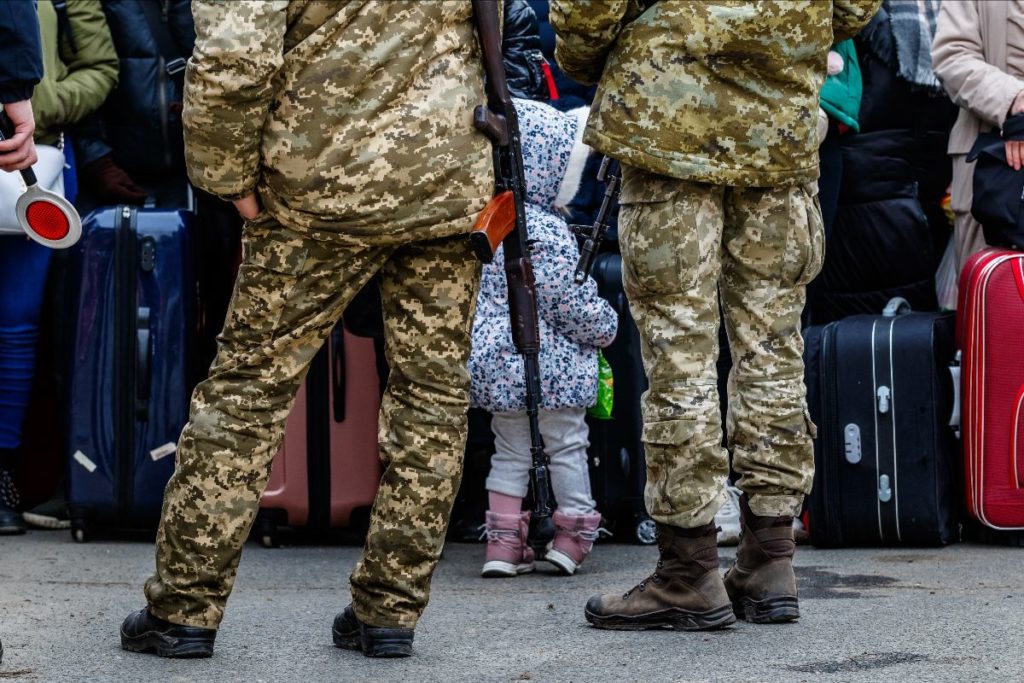Expert Team: Inclusive Narratives Practice Group
Mary Harper is a journalist and author. She is Africa Editor at BBC News. She has reported from the continent for the past twenty-five years, especially conflict zones. She has a special interest in the Horn of Africa, sea piracy and migration. She is the author of Getting Somalia Wrong? Faith, War and Hope in a Shattered State (Zed Books) and Everything You Have Told Me Is True (Hurst). She contributes to academic journals and writes for publications including The Economist, Granta, The Guardian, The Times and The Washington Post.
Mary is a Fellow of the Rift Valley Institute and the Mogadishu-based Heritage Institute for Policy Studies. She has conducted research on Somalia and other African countries for the United Nations, USAID, Small Arms Survey and other clients, and advises many institutions, including the European Commission and the British Foreign Office, on migration and the Horn of Africa. She speaks regularly at events, including conferences and literary festivals, and moderates panel discussions. She has degrees from Cambridge University and the School of Oriental and African Studies. She speaks English, French, Portuguese, Wolof and some Somali.
Areas of expertise: hands-on journalism, media, communications, violent extremism, Africa (Horn of Africa).
You may also be interested in
Dr. Gary Milante is Programme Director and Focal Point for the Global Registry of Violent Deaths (GReVD) initiative at the Stockholm International Peace Research Institute (SIPRI). His research focuses on measuring and monitoring security and socio-economic development through indicator and metric design, applied econometrics, statistical analysis and modeling.
Dr Milante uses systems approaches to make the complex problems associated with sequencing of institutional reforms, development portfolio design, strategic planning and needs assessment accessible to policymakers and practitioners in the field, with a special focus on the needs of fragile and conflict-affected states. He has worked for the World Bank and advised multilateral institutions (OECD, IMF, UN agencies), civil society organizations and the governments of developing and developed countries.
Areas of expertise: development finance and evaluation (impact) in fragile settings, measuring violence and peace, security sector expenditures and finance, simulations and modelling, scenario planning and gaming.
You may also be interested in
Frauke de Weijer, a Dutch national with degrees from the University of Utrecht and Harvard University, is an independent professional in the field of conflict prevention, peacebuilding and inclusive governance. She previously worked at the European Centre for Policy Development Management (ECPDM) in the Conflict, Security and Resilience Programme, where she conducted applied policy research and analysis, specifically in the fields of governance, fragility and resilience, conflict prevention, peacebuilding and strengthening civil society. She was involved in global policy processes such as the International Dialogue on Peacebuilding and Statebuilding.
Before returning to the Netherlands, Frauke spent over ten years in development practice, notably in Kenya and Afghanistan. In Afghanistan, she worked for seven years as an advisor to several Afghan government ministries, strengthening inclusive governance policies and institutions. After Afghanistan, she pursued a mid-career master and subsequently became an associate fellow at the Centre for International Development at the Harvard Kennedy School (US), from where she promoted systems thinking as a useful lens for development.
Currently she primarily works as an independent consultant, with different clients from governments, think tanks and NGOs. In addition, she serves as an associate consultant for PeaceNexus, a peacebuilding foundation based in Switzerland. She has recently been involved in a process spearheaded by the President of Kyrgyzstan, to develop a policy on strengthening a shared, inclusive identity in the country.
Areas of expertise: peacebuilding, conflict prevention, conflict sensitivity, social cohesion, international aid architecture, adaptive leadership, systems thinking, facilitation, dialogue processes, monitoring and evaluation.
You may also be interested in
Ashraf Hegazy is a consultant and instructor in Adaptive Leadership, a framework aimed at leading system-level change that requires questioning foundational values and beliefs. Mr. Hegazy has advised and trained political, civic, and business leaders throughout North America, Asia and the Middle East, including several actors in Egypt and Libya’s “Arab Spring.”
Mr. Hegazy grew up internationally as the son of a senior Egyptian diplomat. He studied leadership traits at Harvard College, where he earned his psychology degree. He went on to work in the financial services industry, then in strategy consulting and technology project management. In 2001, he founded a boutique consulting firm, providing end-to-end business and technology services to the non-profit sector, with a focus on community and political organisations working on major change initiatives. He also co-founded the Harvard Arab Alumni Association to build an active network of Arab leaders educated at Harvard.
Mr. Hegazy earned a master’s degree in Public Administration from the Harvard Kennedy School of Government. He was awarded a Presidential Management Fellowship and a Lucius N. Littauer Fellowship for “exemplary academic achievement, public service and potential for future leadership.” His research interests lie in the fields of adaptive leadership and negotiation frameworks.
Areas of expertise: adaptive leadership, negotiations, public narrative, system-level change, civil society, peacebuilding, Middle East, Arab-majority countries, social entrepreneurship, healthcare systems.
You may also be interested in
Dr. Alison Castel is an Assistant Professor of Rhetoric and Communication at Regis college, where her research and teaching centers on critical approaches to conflict, narrative, and dialogue. She holds a Ph.D from the School for Conflict Analysis and Resolution (S-CAR) at George Mason University with a specialization in narrative and conflict.
Dr. Castel has twenty years of experience in peace and conflict studies practice and pedagogy as principal faculty for the Peace and Conflict Studies program at University of Colorado- Boulder as well as leading field experiences, for example, in Israel/Palestine, Indonesia, Rwanda, Colombia, and Northern Ireland with an emphasis on examining the intersection of national and grassroots perspectives.
Her most recent research focuses on the narrative dynamics of transitional justice between the state and rural communities in Colombia, which she is expanding on in order to examine narrative dynamics of race in the U.S. She is especially concerned with how narratives shape issues of voice, power, and agency in conflict and exploring how narrative approaches can be used to reduce everyday violence and marginalization and to facilitate transitions to peace.
You may also be interested in
Originally from Mexico, Alina Rocha Menocal is Principal Research Fellow in the Politics and Governance Programme at the Overseas Development Institute (ODI), as well as Director (Strategy) of the Thinking and Working Politically Community of Practice (TWP). Alina was also Senior Democracy Fellow on Applied Political Economy at the United States Agency for International Development (USAID) from 2016 to 2020 and a Senior Research Fellow at the Developmental Leadership Program (DLP) at the University of Birmingham from October 2014 to March 2016, where she led DLP’s stream of work on Political Settlements and the Politics of Inclusion.
Alina is an accomplished expert with 15 years of experience working to bridge the gap between research and policy in thinking about governance from a political economy perspective, as well as to inform more effective engagement and ways of working among international development actors in developing country settings. Her areas of expertise include governance and institutional transformation; state- and peacebuilding and (post-)conflict trajectories; conflict and fragility; political settlements and the politics of inclusion; corruption and anti-corruption efforts; democracy/democratisation; political economy analysis; Thinking and Working Politically. Alina writes frequently on these different themes and she has authored or co-authored numerous articles, book chapters, and reports on many of these issues for a variety of academic and policy-oriented publications and audiences. She holds a BA from Yale University in Political Science, and a MIA on Economic and Political Development and a MPhil in Political Science/Comparative Politics from Columbia University.
You may also be interested in
Alexandre Marc is a member of the Institute for Integrated Transition’s Inclusive Narratives Practice Group and a Fellow at the International Institute for Strategic Studies. From 2019 to 2021 he was a non-resident Senior Fellow at the Brookings Institution in the Foreign Policy Department. He was until 2019 the Chief Specialist for Fragility, Conflict and Violence at the World Bank. He is the lead author of the UN-World Bank Flagship Report: “Pathways for Peace, Inclusive Approaches to Preventing Violent Conflict”. He has co-led the preparation of the World Bank first strategy for addressing fragility, conflict, and violence. He led the development of the Risk and Resilience Assessment, the World Bank tool for analysing issues of conflict and violence, now widely used by the World Bank and other donors. He has extensive experience in the areas of conflict and fragility, having worked on related themes across four continents in more than 80 countries over the last 32 years.
He also worked on public policy supporting minority inclusion and socio-cultural diversity. He was seconded by the World Bank to be the director of the Roma Education Fund from 2006 to 2008, a large Foundation co-created by the Soros Foundation and the World Bank to promote the inclusion of the Roma population in education systems in 11 European countries. He also contributed a number of books and articles on the topic and advised the Decade of Roma Inclusion. In 2005 he was a visiting fellow at the Centre d’études et de recherches internationales (CERI) in Paris.
Alexandre Marc holds a Doctorate in Political Economy from the Paris Institute of Political Studies (Sciences Po). Before joining the World Bank in 1988, Alexandre Marc undertook research and consulting on Africa in Oxford University (St Antony’s College) and for the Société d’études économiques et sociales (Paris).
Areas of expertise: fragility, conflict and violence, social change, identity, democracy and governance.
You may also be interested in
